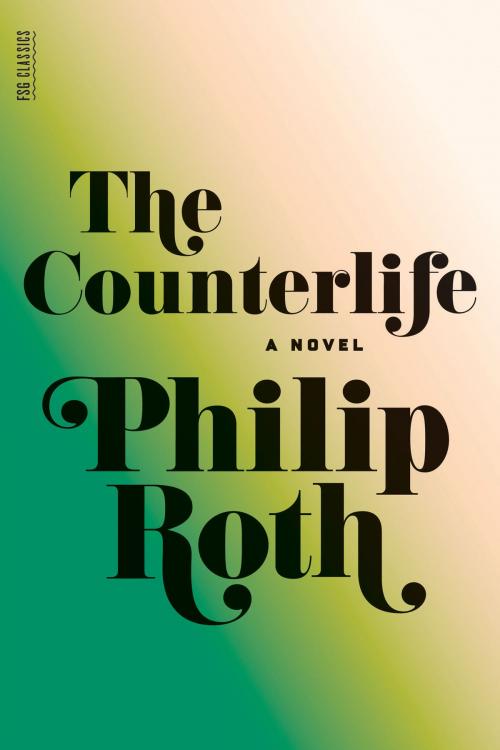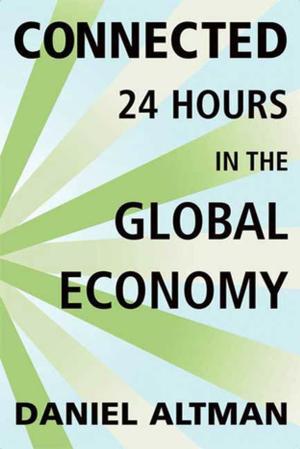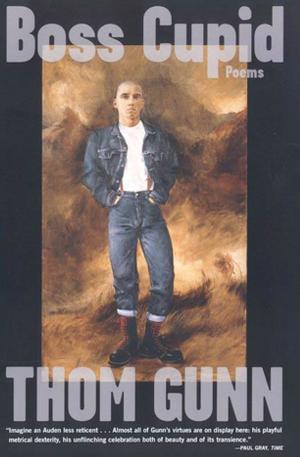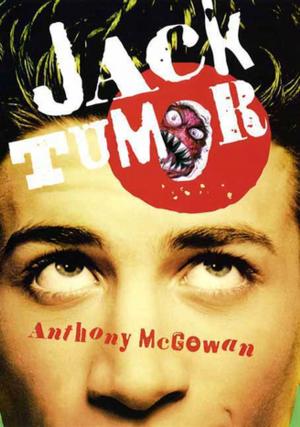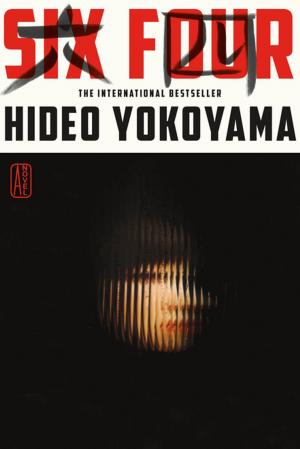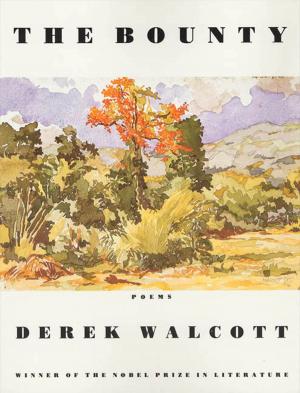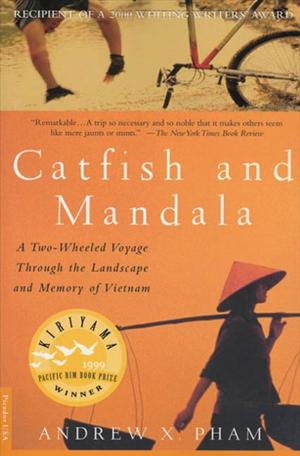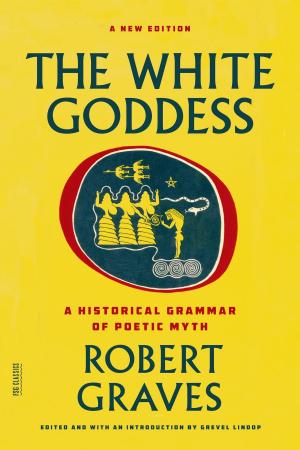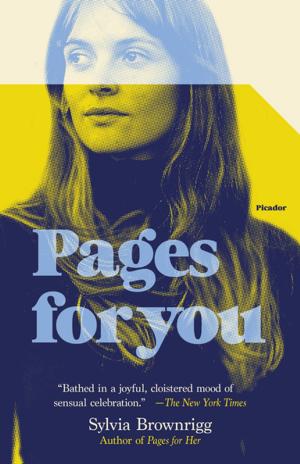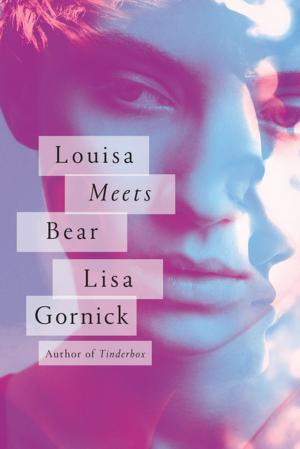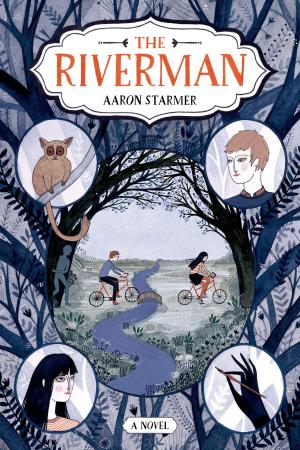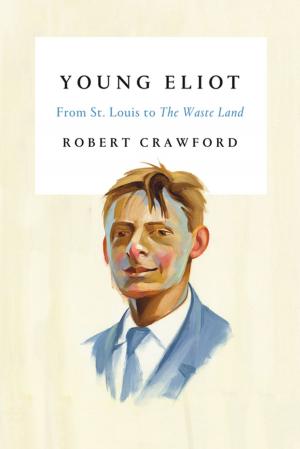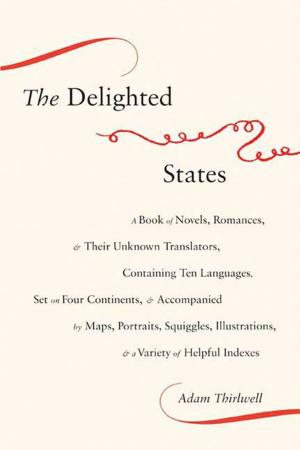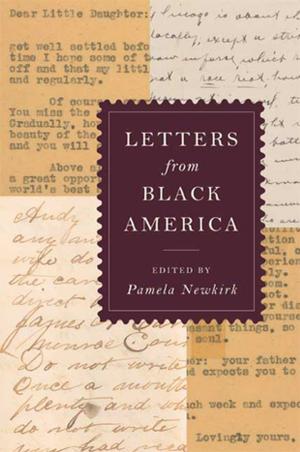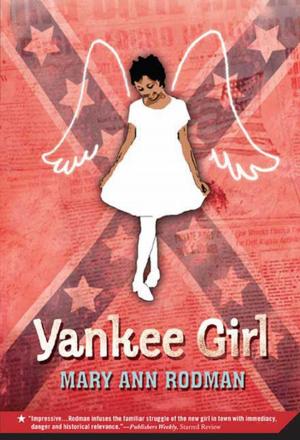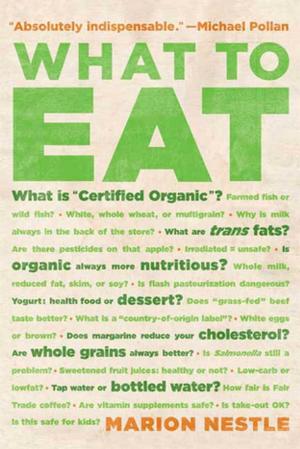| Author: | Philip Roth | ISBN: | 9781466846418 |
| Publisher: | Farrar, Straus and Giroux | Publication: | July 2, 2013 |
| Imprint: | Farrar, Straus and Giroux | Language: | English |
| Author: | Philip Roth |
| ISBN: | 9781466846418 |
| Publisher: | Farrar, Straus and Giroux |
| Publication: | July 2, 2013 |
| Imprint: | Farrar, Straus and Giroux |
| Language: | English |
The Counterlife is a novel unlike any that Philip Roth has written before, a book of astonishing 180-degree turns, a book of conflicting perspectives and points of view, and, by far, Roth's most radical work of fiction.
The Counterlife is about people enacting their dreams of renewal and escape, some of them going so far as to risk their lives to alter seemingly irreversible destinies. Every major character (and most of the minor ones) is investigating, debating, and arguing the possibility of remaking the future.
Illuminating these lives in transition and guiding us through all the landscapes, familiar and foreign, where these people are seeking self-transformation, is the mind of the novelist Nathan Zuckerman. His is the skeptical, enveloping intelligence that calculates the price that's paid in the struggle to change personal fortune and to reshape history.
Yet his is hardly the only voice. This is a novel in which speaking out with force and lucidity appears to be the imperative of every life. There is Henry, the forty-year-old New Jersey dentist, who risks a quintuple bypass operation in order to escape the coronary medication that renders him sexually impotent. There is Maria, the wellborn young Englishwoman, who invites the disdain of her family by marrying the American she knows will be lease acceptable in Gloucestershire. There is Lippmann, the Israeli settlement leader, who contends that "everything is possible for the Jew if only he does not give ground."
The action in The Counterlife ranges from a dentist's office in quiet suburban New Jersey to a genteel dining table in a tradition-bound English village, from a Christmas carol service in London's West End to a Sabbath evening celebration in a tiny desert settlement in Israel's occupied West Bank. Wherever they may find themselves, the characters of The Counterlife are tempted unceasingly by the prospect of an alternative existence that can reverse their fate.
The Counterlife was a finalist for the National Book Award and winner of the National Book Critics Circle Award.
The Counterlife is a novel unlike any that Philip Roth has written before, a book of astonishing 180-degree turns, a book of conflicting perspectives and points of view, and, by far, Roth's most radical work of fiction.
The Counterlife is about people enacting their dreams of renewal and escape, some of them going so far as to risk their lives to alter seemingly irreversible destinies. Every major character (and most of the minor ones) is investigating, debating, and arguing the possibility of remaking the future.
Illuminating these lives in transition and guiding us through all the landscapes, familiar and foreign, where these people are seeking self-transformation, is the mind of the novelist Nathan Zuckerman. His is the skeptical, enveloping intelligence that calculates the price that's paid in the struggle to change personal fortune and to reshape history.
Yet his is hardly the only voice. This is a novel in which speaking out with force and lucidity appears to be the imperative of every life. There is Henry, the forty-year-old New Jersey dentist, who risks a quintuple bypass operation in order to escape the coronary medication that renders him sexually impotent. There is Maria, the wellborn young Englishwoman, who invites the disdain of her family by marrying the American she knows will be lease acceptable in Gloucestershire. There is Lippmann, the Israeli settlement leader, who contends that "everything is possible for the Jew if only he does not give ground."
The action in The Counterlife ranges from a dentist's office in quiet suburban New Jersey to a genteel dining table in a tradition-bound English village, from a Christmas carol service in London's West End to a Sabbath evening celebration in a tiny desert settlement in Israel's occupied West Bank. Wherever they may find themselves, the characters of The Counterlife are tempted unceasingly by the prospect of an alternative existence that can reverse their fate.
The Counterlife was a finalist for the National Book Award and winner of the National Book Critics Circle Award.
